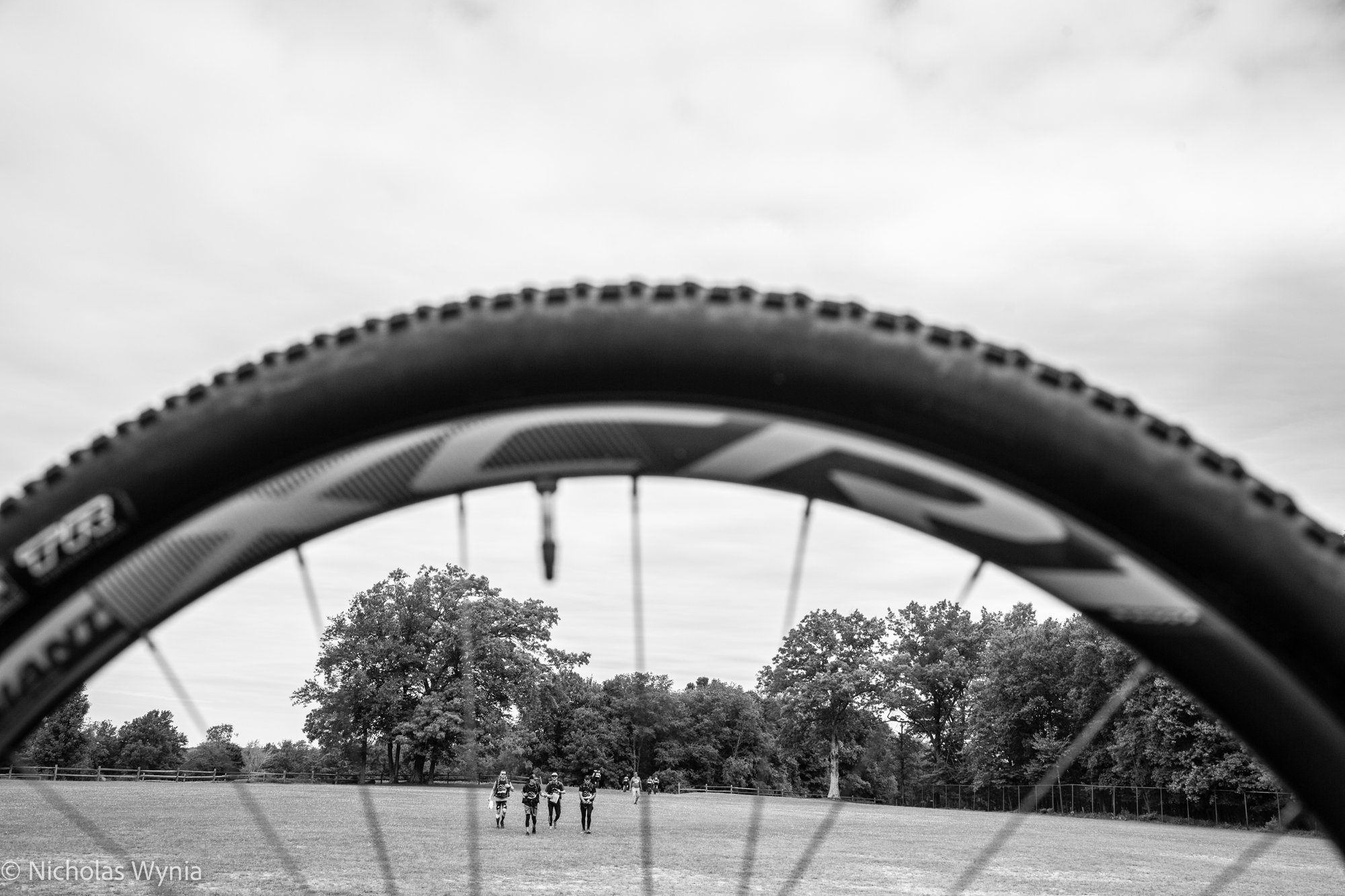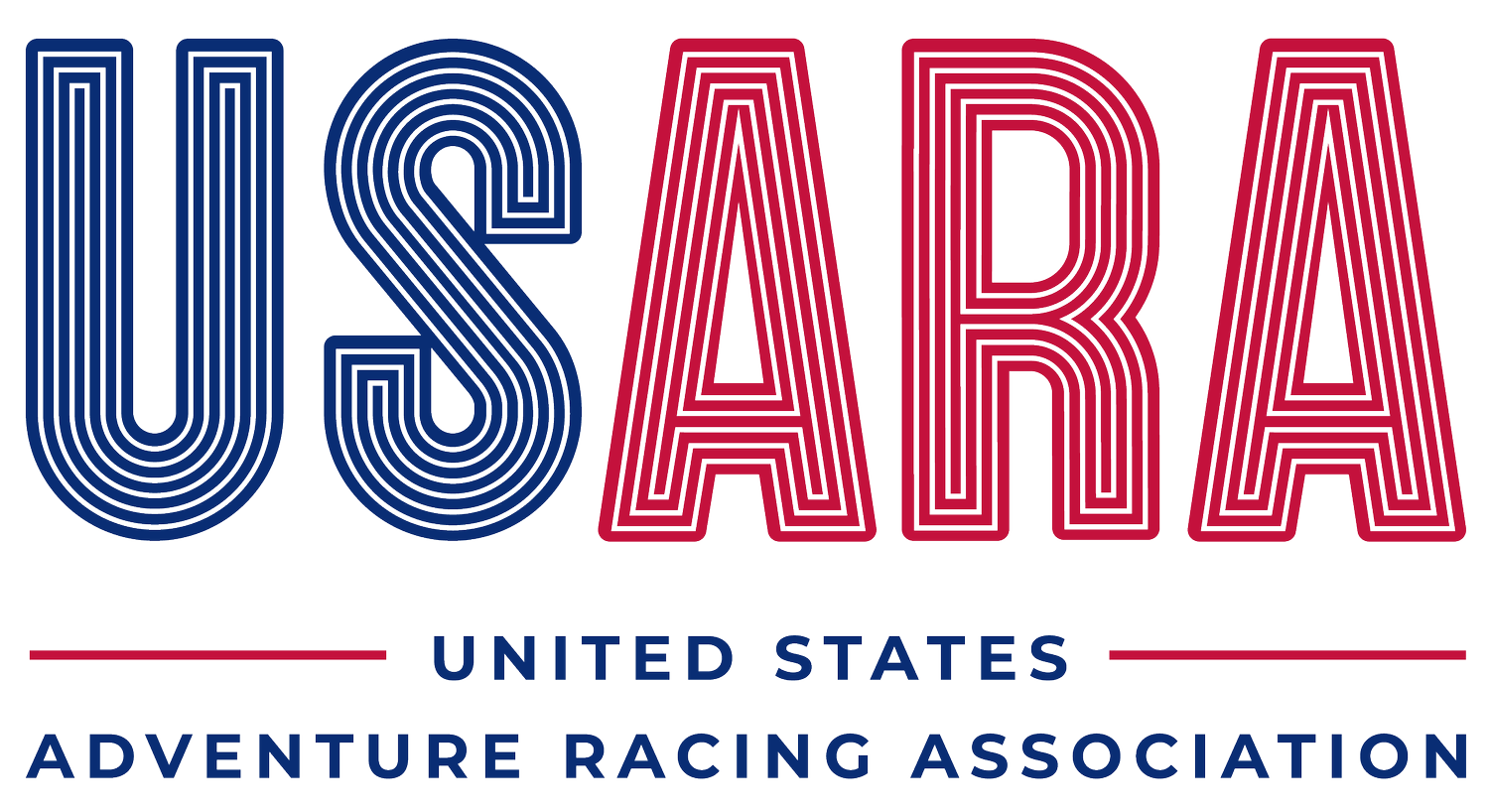
ANTI-DOPING IN ADVENTURE RACING
Without reservation, USARA believes in the importance of clean sport. This begins with you, the racer, being aware and learning about the importance of anti-doping practices and ultimately taking responsibility for your own health and safety through healthy diet and responsible use of supplements. It means educating yourself about medications, both those that are prescribed and those that are available over the counter. It means learning about what medical interventions mean for your status as a “clean athlete.” More than anything, it means making good decisions and committing to learning about the importance of clean sport and the internationally accepted rules and regulations that provide a framework for creating equity in sport and a healthier approach to competition.
As an organization, USARA is committed to:
Following the established rules, regulations, and guidance laid out by the United States Anti-Doping Agency (USADA)
Educating the adventure racing community about the importance of clean sport
Fostering the long-term health of adventure racing athletes
Creating parity among teams and athletes
Maintaining the integrity of competition at USARA sanctioned events and the USARA National Championship
Exploring the possibility of implementing testing at the USARA National Championship
For racers, race directors, and USARA, keeping competition clean begins with a commitment to education. We encourage you to learn through these selected resources, which we have curated with the adventure racing community in mind. USADA has considerably more information and material on its website as does the World Anti-Doping Association (WADA) and other online resources. It also means talking with your teammates and even to other teams if you know that someone is using a medication, supplement, or common intervention like IVs in a manner that violates anti-doping standards. Learning as a community is the most important thing we as a community can do to protect adventure racing and each other.
Thank you for doing your part to make sure we all work together to uphold the integrity of the sport we love in addition to making sure that we always prioritize our own long-term health over the short-term rewards of getting an extra edge.
Introduction to Anti-Doping Resources
Familiarize yourself with some of the primary governing bodies that foster clean sport across the sporting world. These resources provide an overview of their work while also highlighting the importance of learning more about what you can do to not only protect the integrity of AR but also your own health.
VIDEO: Anti-Doping 101 (USADA)
VIDEO: The Simple Truth: Decoding the Dietary Supplement Industry (USADA)
Key Resources
These resources will allow you to delve deeper into topics related to anti-doping and your health. In particular, they will help you learn about the impact that diet, supplements, and medications can have on your status as a clean athlete.
Global Drug Reference Online (GlobalDro)
NSF Certified for Sport (approved supplements)
Information on TUEs (USADA)
Additional Select Resources
These topic-specific resources are especially relevant to the AR community. There is much more to learn, however, so hopefully these links and documents will help get you started on your journey to being a healthier, more educated athlete!
IV Infusions: Explanatory Note (USADA)
Substance Profile: Caffeine (USADA)
Substance Profile: Creatine (USADA)
Substance Profile: CBD (USADA)
Substance Profile: Hemp (USADA)
USADA Doping Violations and USARA Sanctions
In partnership with USADA, dozens of sports implement various forms of testing to help uphold the integrity of their sports, and USARA follows USADA’s guidelines. If USADA (or another official organization such as WADA) officially sanctions an athlete for an infraction in another sport, USARA will issue a concurrent sanction relevant to USARA-specific competition and rankings. USARA will also notify all sanctioned race directors about the infraction. While USARA will not dictate how local race directors manage such athletes’ attendance at local races, squads with an athlete who is serving a USADA sanction will not be eligible for points in the USARA rankings or for free entry into USARA Nationals if competing in a Regional Qualifier for the duration of the sanction.
If USARA learns an athlete has been issued an official doping sanction in another sport or is presented with verifiable evidence of violations of USADA anti-doping standards or proof of mechanical doping, the athlete in question will be sanctioned as follows:
First violation: two-year ban from participation at USARA Nationals, scoring in the USARA rankings, and eligibility for Regional Qualifier prizes.
Second Violation: three-year ban.
Third Violation: lifetime ban
If USARA learns of a USADA violation retroactively, teams with a sanctioned athlete on it will lose accrued rankings points when said athlete competed, and official results at USARA Nationals will be adjusted with the athlete’s team being disqualified from the results.
Athletes will be allowed to submit a personal statement, and in certain cases (i.e. open, unresolved disputes with other sanctioning bodies or certain cases involving doctor-prescribed medications), athletes may be issued a warning. Ultimately, however, there are resources available for self-education concerning medications and supplements, and USARA expects racers to take responsibility for making informed decisions using these resources; pleading ignorance will not be a sufficient defense.
USARA will periodically publish anonymous official sanctions. We will not publish names of athletes, but we will publish infractions and their subsequent sanctions as an educational tool for the community. In addition, USARA will privately communicate official cases to sanctioned RDs so they are informed about sanctions.
A Note about Mechanical Doping
While a different topic and one that is not as clearly regulated, mechanical doping, or the use of motors to enhance cyclists’ performance while riding, is an issue that also undermines the integrity of the event and the sport. USARA fully supports local RDs who implement E-bike-specific divisions to allow those with physical accommodations to participate in AR, but in all other cases, mechanical assistance is strictly forbidden.
At its core, AR is a sport that requires athletes and teams to travel under their own power, so any additional mechanical and motorized alterations to a bike that assist the rider are banned at USARA Nationals and any sanctioned event unless there is an established E-Bike division. Athletes found to be mechanically doping will be treated as outlined above under “USADA Doping Violations.”





